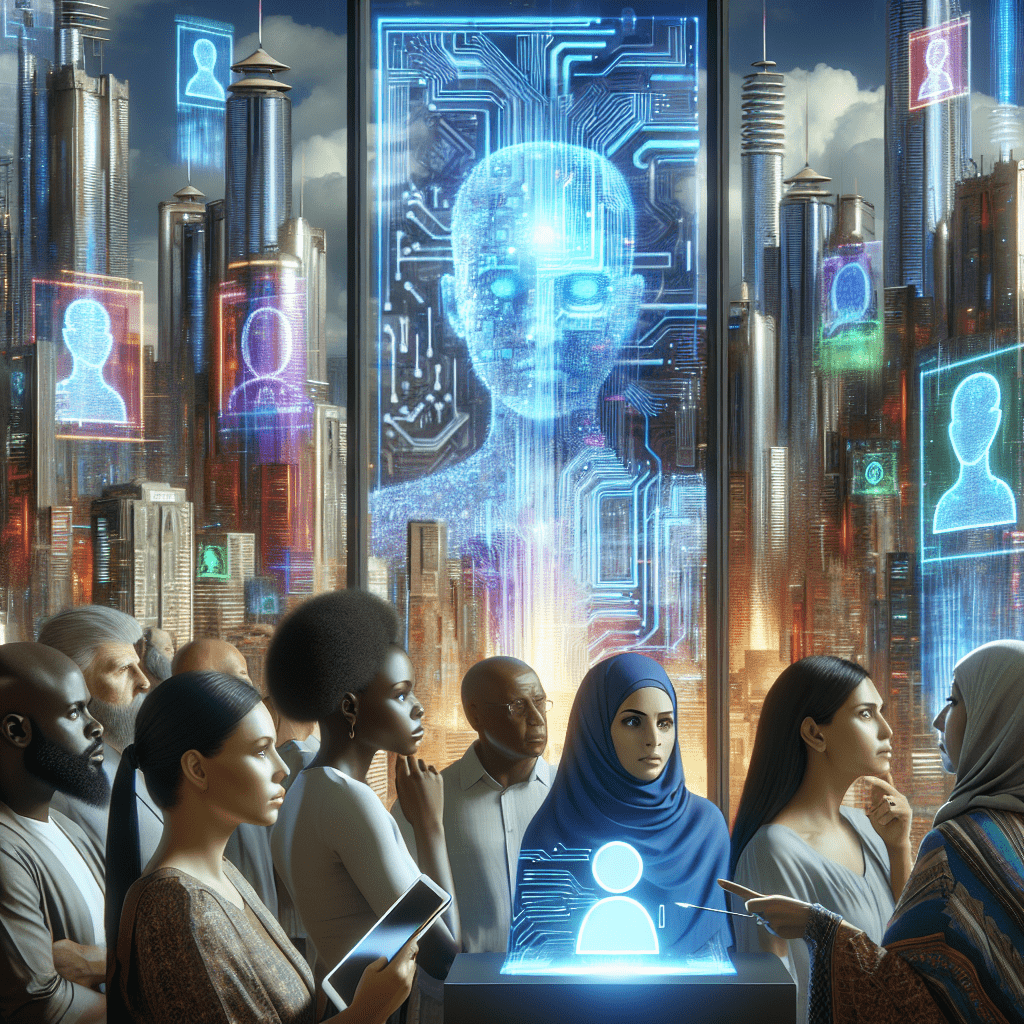Artificial intelligence (AI) is a rapidly advancing technology that has the potential to transform our society in many ways. From autonomous vehicles to virtual assistants, AI is already shaping the world we live in. However, with these advancements come ethical and social implications that must be carefully considered. In this article, we will explore the impact of AI on society and how we can navigate the ethical and social challenges it presents.
Understanding Artificial Intelligence
Before diving into the ethical and social implications of AI, it is important to have a basic understanding of what AI is and how it works. AI refers to the ability of a machine to imitate intelligent human behavior such as learning, reasoning, and problem-solving. This is achieved through algorithms and data that enable machines to make decisions and perform tasks that would typically require human intelligence.
The Impact on the Job Market
One of the most significant implications of AI on society is its impact on the job market. As AI technology continues to advance, there is a growing concern that many jobs will be automated, leading to widespread unemployment. While AI has the potential to create new job opportunities in fields such as data science and machine learning, it also poses a threat to traditional roles that can be easily replaced by machines.
Ethical Considerations
AI raises a number of ethical concerns that must be addressed to ensure that this technology is used responsibly. For example, there are concerns about bias in AI algorithms, which can perpetuate stereotypes and discrimination. Additionally, there are questions about the impact of AI on privacy, as well as the potential for AI to be used for malicious purposes such as surveillance and control.
Social Implications
From a social perspective, AI has the potential to exacerbate existing inequalities and create new divides in society. For example, those who have access to AI technology may have greater opportunities for education and employment, while those who do not may be left behind. Additionally, there are concerns about the impact of AI on social interactions and relationships, as well as the potential for AI to influence public opinion and political outcomes.
Navigating the Ethical and Social Implications
To navigate the ethical and social implications of AI, it is important for developers, policymakers, and society as a whole to work together to establish guidelines and regulations that promote the responsible use of this technology. This includes ensuring that AI algorithms are transparent and accountable, as well as implementing measures to prevent bias and discrimination.
Conclusion
In conclusion, the impact of artificial intelligence on society is complex and multifaceted. While AI has the potential to transform our world in many positive ways, it also presents significant ethical and social challenges that must be carefully considered. By working together to address these challenges, we can ensure that AI is used in a way that benefits all of society.
FAQs
What are some examples of AI technology that are already shaping society?
Examples of AI technology that are already shaping society include virtual assistants like Siri and Alexa, autonomous vehicles, and predictive analytics for healthcare and finance.
How can AI be used to address issues of bias and discrimination?
AI can be used to address issues of bias and discrimination by implementing measures such as algorithmic transparency, bias detection, and bias mitigation techniques.
What role do policymakers play in regulating the use of AI technology?
Policymakers play a crucial role in regulating the use of AI technology by establishing guidelines and regulations that promote the responsible use of AI, as well as ensuring that AI algorithms are transparent and accountable.
Quotes
“Artificial intelligence is the future, and the future is now.” – Unknown


